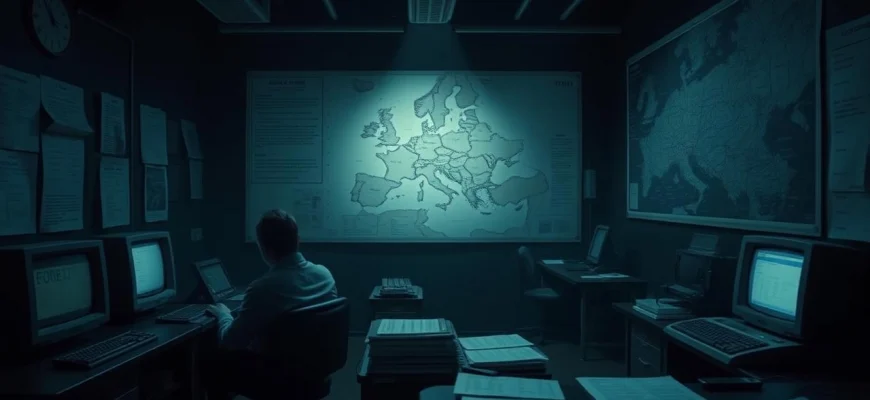If you were captivated by 'The Imitation Game' (2014), a gripping historical drama about Alan Turing's groundbreaking work during World War II, you're likely craving more films and shows that blend intellect, tension, and emotional depth. This article explores seven similar titles that share themes of cryptography, wartime heroism, and brilliant minds facing extraordinary challenges. Whether you're a history buff, a fan of cerebral storytelling, or simply love a well-crafted biopic, these recommendations will keep you engaged.
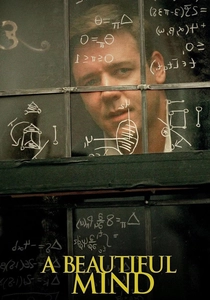
A Beautiful Mind (2001)
Description: Like 'The Imitation Game', 'A Beautiful Mind' is a biographical drama about a mathematician, John Nash, whose genius leads to significant contributions but also personal struggles. Both films highlight the intersection of brilliance and mental health challenges, and they share a similar tone of intellectual and emotional depth.
Fact: Russell Crowe won an Oscar for his role as John Nash. The film is based on Sylvia Nasar's biography of Nash. Nash's work in game theory earned him the Nobel Prize in Economics.
 Watch Now
Watch Now 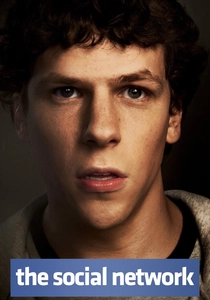
The Social Network (2010)
Description: Both 'The Social Network' and 'The Imitation Game' explore the creation of groundbreaking technologies (Facebook and the Enigma machine, respectively) and the personal and ethical dilemmas faced by their creators. The films share a sharp, dialogue-driven storytelling style and a focus on genius and its consequences.
Fact: The film won three Oscars, including Best Adapted Screenplay. Jesse Eisenberg's portrayal of Mark Zuckerberg was highly praised. The screenplay was written by Aaron Sorkin, known for his fast-paced dialogue.
 Watch Now
Watch Now 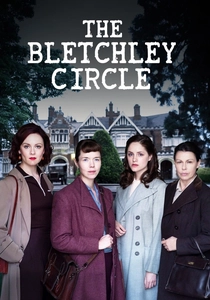
The Bletchley Circle (2012)
Description: This TV series shares with 'The Imitation Game' a focus on codebreaking during WWII and the post-war period, particularly highlighting the contributions of women. Both narratives delve into the intellectual and personal challenges faced by those who worked in secrecy during the war.
Fact: The series is set in the same location as 'The Imitation Game', Bletchley Park. It was praised for its historical accuracy and strong female leads. The show was created by ITV and has a loyal fan base.
 Watch Now
Watch Now 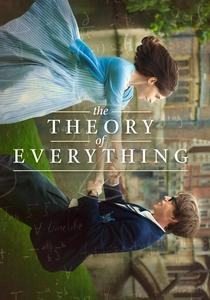
The Theory of Everything (2014)
Description: Similar to 'The Imitation Game', 'The Theory of Everything' is a biographical drama that focuses on the life of a brilliant scientist, Stephen Hawking. Both films explore themes of genius, perseverance, and the personal struggles behind groundbreaking scientific achievements. The emotional tone is also similar, blending intellectual rigor with deep human emotion.
Fact: Eddie Redmayne won an Oscar for his portrayal of Stephen Hawking. The film is based on the memoir by Hawking's first wife, Jane Hawking. Redmayne spent months preparing for the role, including meeting with Hawking himself.
 Watch Now
Watch Now 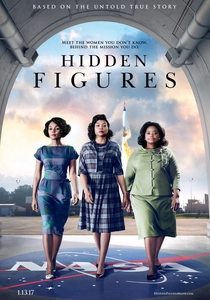
Hidden Figures (2016)
Description: 'Hidden Figures' shares with 'The Imitation Game' a focus on untold stories of brilliance, particularly in mathematics and computing, during critical historical moments. Both films celebrate intellectual achievement against societal barriers, with 'Hidden Figures' focusing on African-American women at NASA during the Space Race.
Fact: The film is based on the non-fiction book by Margot Lee Shetterly. Katherine Johnson, one of the main figures, received the Presidential Medal of Freedom. The film was nominated for three Oscars, including Best Picture.
 Watch Now
Watch Now 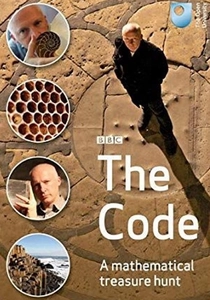
The Code (2011)
Description: 'The Code' is a documentary series that explores the beauty and mystery of mathematics, much like the intellectual themes in 'The Imitation Game'. Both works celebrate the power of mathematical thinking to solve complex problems and change the world.
Fact: The series is presented by mathematician Marcus du Sautoy. It covers topics like prime numbers, chaos theory, and the golden ratio. The show was produced by the BBC.
 Watch Now
Watch Now 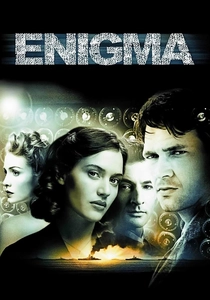
Enigma (2001)
Description: Like 'The Imitation Game', 'Enigma' is a thriller centered around the cracking of the Enigma code during WWII. Both films blend historical drama with suspense, though 'Enigma' takes more liberties with fictional elements. The focus on cryptography and wartime tension makes them thematically similar.
Fact: The film stars Dougray Scott and Kate Winslet. It is based on the novel by Robert Harris. The screenplay was co-written by Tom Stoppard.
 30 Days Free
30 Days Free 
